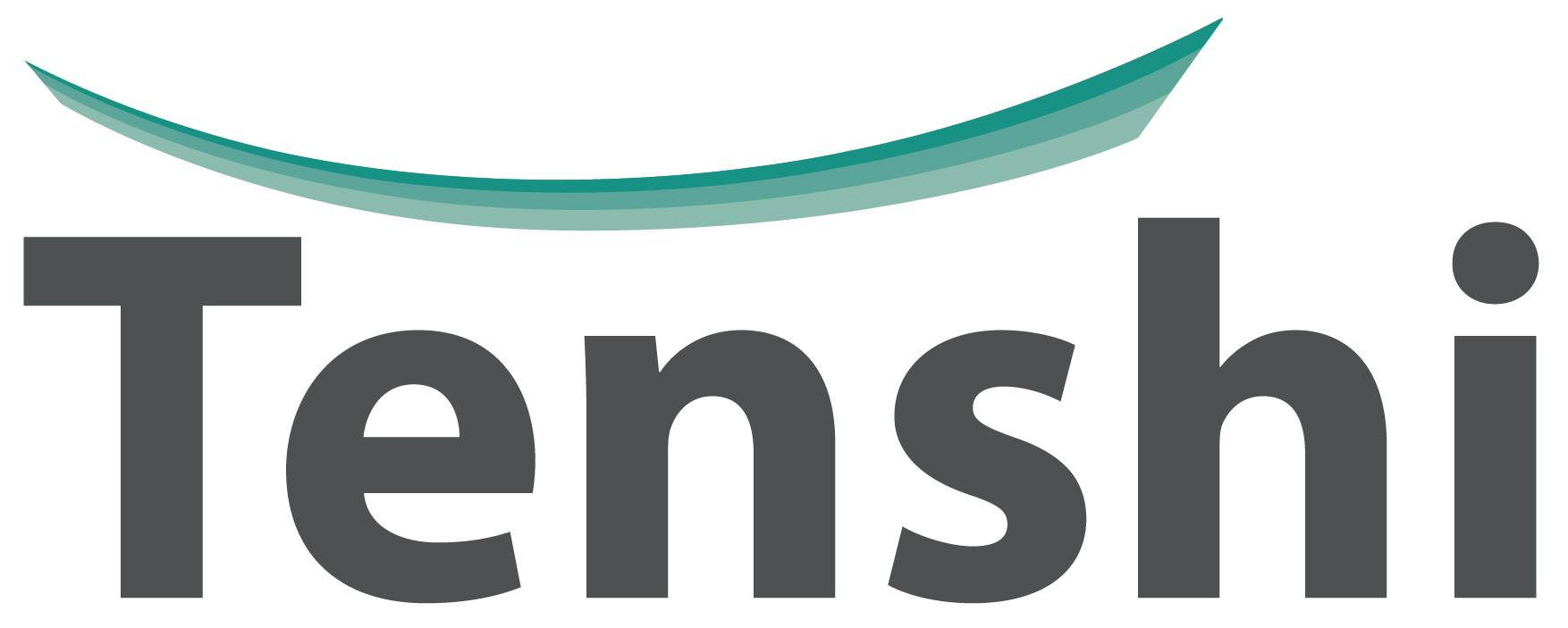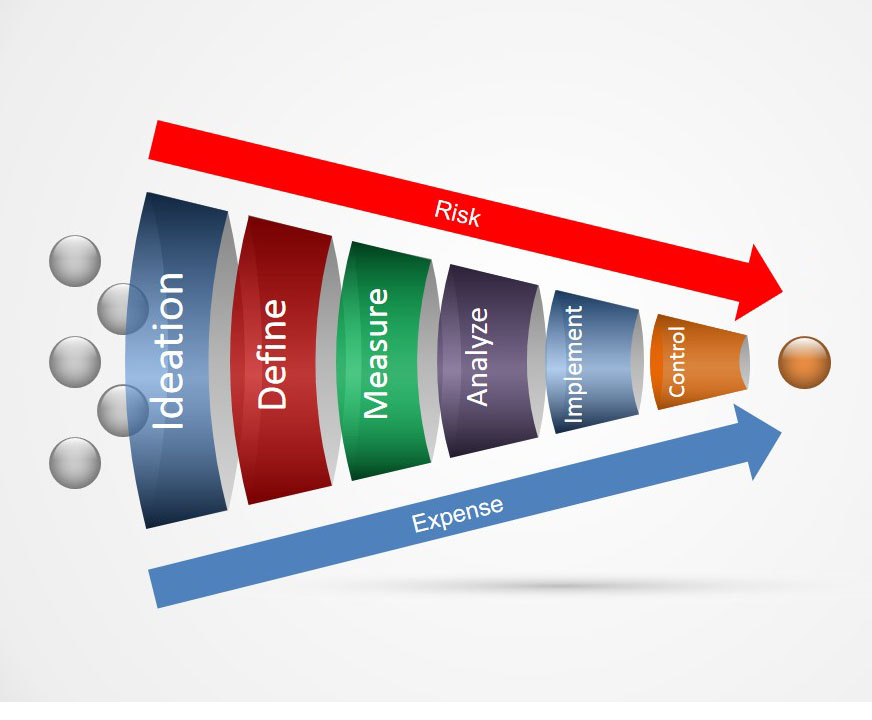Competition is a consistent driving force in human behaviour and has inspired many of the greatest technological advances from the race between Elisha Gray and Alexander Bell to invent the telephone to the infamous rivalry between Apple and Samsung to create the most popular smartphone.
This competitive spirit is increasingly important in today’s business environment with companies under more pressure than ever before to outshine their rivals and survive in the market, both in terms of value for money and product or service innovation. These pressures to ensure business success, exploit new opportunities and deliver more by spending less encourage many companies and organisations to start looking into innovation services. Interestingly, these same drivers which motivate companies to seek innovation are vital to finding the most successful innovation solutions.
As we discussed previously on the blog, challenge-based innovation competitions are an effective way for a company or organisation to find novel solutions to their business challenges or identify new market opportunities. They produce a diverse range of creative solutions from a wide range of companies and individuals which provide fresh and interesting perspectives on the problem.
The incentives offered for entering innovation competitions are also instrumental in inspiring a diverse range of proposals. Innovation competitions can offer successful applicants awards from cash prizes or product development funding, through to exclusive access to data, a particular community or industry trial environment. It is important to consider the different reasons which might motivate innovators to apply for the competition – such as funding, business development, trial opportunity, passion, and/or building credentials – as this will likely inform the type of solution they create. When applying for a challenge which appeals to the personal or business interests of the applicant they are more likely to push the boundaries of what is achievable within the budgets or time constraints, leading to a more successful outcome for everyone involved.
The wave of ideas which competitions attract also helps to facilitate the innovation process. If we look at the classic innovation funnel model, you can see that in order to select the most interesting new products or services, we need a high volume of ideas at the first stage.
By gathering these ideas through an open competition you can quickly tap into a diverse and creative range to find a truly innovative idea.
A stand out example of this is the prevalent use of innovation competitions in the smart cities space. With 70% of the world’s population expected to live in a city by 2050, cities under increasing pressure to provide more efficient public services and develop better spaces to work, live and play. To deliver this, cities authorities are looking to technology to help enhance spaces and adapt them to citizens’ needs. Innovation competitions provide the opportunity to engage directly with citizens at the ideas stage, gathering input and feedback to discover concepts which truly solve the issues at the heart of the challenge. By its very nature the smart cities environment requires a collaborative approach and running innovation competitions to address urban challenges plays to this very well.
Competition is a key force in both driving and solving innovation, take advantage of this natural motivator by running a challenge-based contest to solve your innovation problem.


